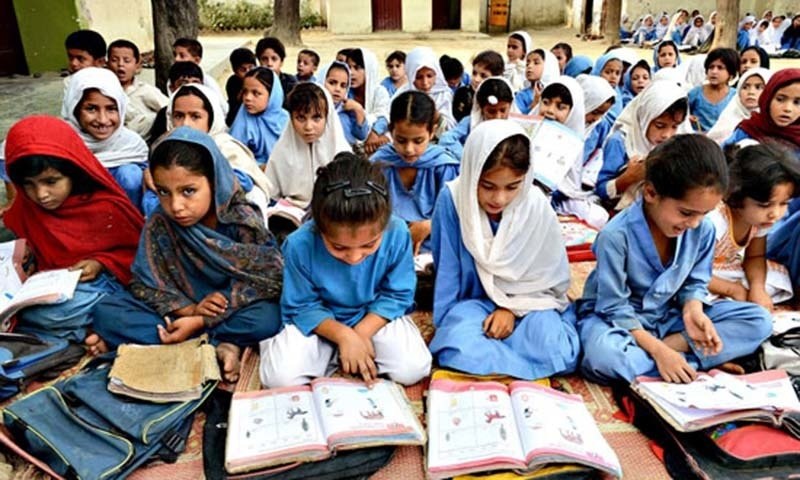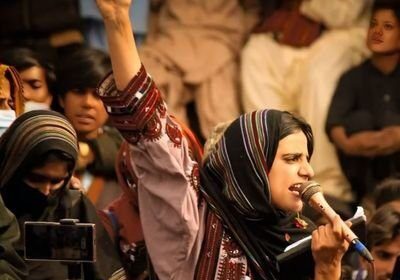Anatol Lieven writes in his book Pakistan: A Hard Country:
“Pakistan is divided, disorganised, economically backward, corrupt, violent, unjust, often savagely repressive towards the women and poor, and home to extremely dangerous forms of extremism and terrorism — and yet it moves and is in many ways surprisingly tough and resilient as a state and society.”
The book was published in 2011, but his words are relatable in contemporary times, and I think they will be in the future too. There is no doubt that South Asian societies, particularly Pakistani society, have shown resilience in front of natural disasters, terrorism, and ethnic and religious extremism. Many people forget that the women of Pakistan have shown resilience in every facet of life—resilience one can’t even fathom.
The women of Pakistan have always been oppressed, either by the state or by their own families. Pakistani society is patriarchal and extremist, but women have carved out their space in this society, and they thrive in every profession against all odds. Kudos to women, especially those who belong to KP and other remote areas of the country, who are the trailblazers of change in their deeply entrenched tribal society. Recently, I came across an important judgement from the Supreme Court of Pakistan that upholds the rights of married women. The efforts of Lady Zahida deserve recognition for how she fought for her rights and her faith in the system, which ultimately led to this landmark ruling.

The story is of the town of Karak, which comes under the Kohat division and is mainly inhabited by Pashtuns. Zahida is a resident of Karak. Her father worked at the Government Girls Primary High School in Karak. She wanted to carry her father’s legacy and filed a petition after his death to be appointed to his post under the ambit of the quota reserved for deceased government employees, and she was appointed as per the Khyber Pakhtunkhwa Civil Servants Act. Later on, the District Education Officer of Karak — herself a female — withdrew the appointment of Zahida. The reason was that Zahida wasn’t eligible for the quota post because she is a married woman.
Zahida filed a departmental appeal against the order with the Government of Khyber Pakhtunkhwa, but it was not addressed within the specified timeframe. Undeterred, Zahida then submitted an appeal to the KPK Service Tribunal in Peshawar, challenging the order against her; however, this appeal was dismissed. In the end, Zahida decided to approach the Supreme Court of Pakistan.
The judgement of the case Zahida Parveen vs Government of Khyber Pakhtunkhwa through the Secretary of Elementary & Secondary Education, Civil Secretariat, Peshawar, and others is being hailed by the legal cadres and the public at large. The issue that came before the court was whether a married woman who is financially dependent upon her husband can claim the deceased personnel quota — and is a married woman financially dependent upon her husband? The Supreme Court ruled that the KP government’s interpretation of the statute was not just invalid but also erroneous and ultra vires of the Constitution. The Court highlighted the fundamental rights enshrined in the Constitution of Pakistan, 1973: Article 14 — dignity of a man, Article 25 — equality of citizens, and Article 27 — safeguard against discrimination in services. The Court mentions that a married daughter remains an equal child of the deceased, and to deny her entitlement to that right is to curtail her constitutional right.

The Court explicitly stated that the order of the KP Government wasn’t just patriarchal in nature, but it was an attempt to revive the draconian doctrine of coverture of the common law. The doctrine of coverture was a legal doctrine in the common law whereby, upon marriage, the woman’s identity was to be merged with her husband’s, and the husband and wife were a single entity. The husband was her provider and protector. Coverture stripped a woman of control over real and personal property.
For years, the Khyber Pakhtunkhwa province has been facing terrorism, and the only news that came out of KPK was of the loss of lives of citizens and security personnel. But this judgement was an exception and is a triumph not just for the women of KPK but for the women of Pakistan. One thing that I found worth mentioning here is the spirit of Zahida. Despite initially facing rejection, she didn’t give up but fought till the end for her basic right — and that too, hailing from the male-dominated and deeply entrenched customs of tribal society. Kudos to Zahida — she stood up for her rights in a society where most women succumb to the pressure of their families and accept their situation. Developments like these restore trust in the justice system, and yes — one can tell Anatol Lieven that resilience like this is one of the reasons why the Pakistani state functions, despite possessing everything that the failed states in the world do.
















